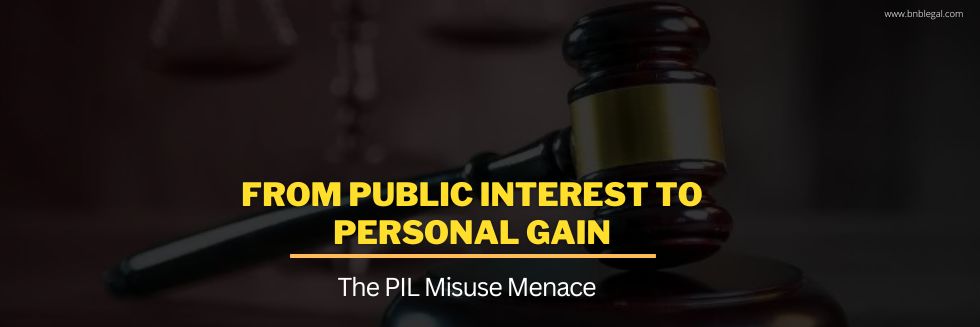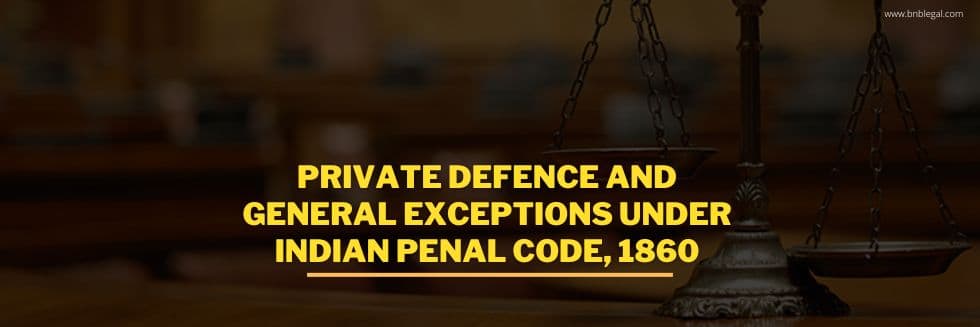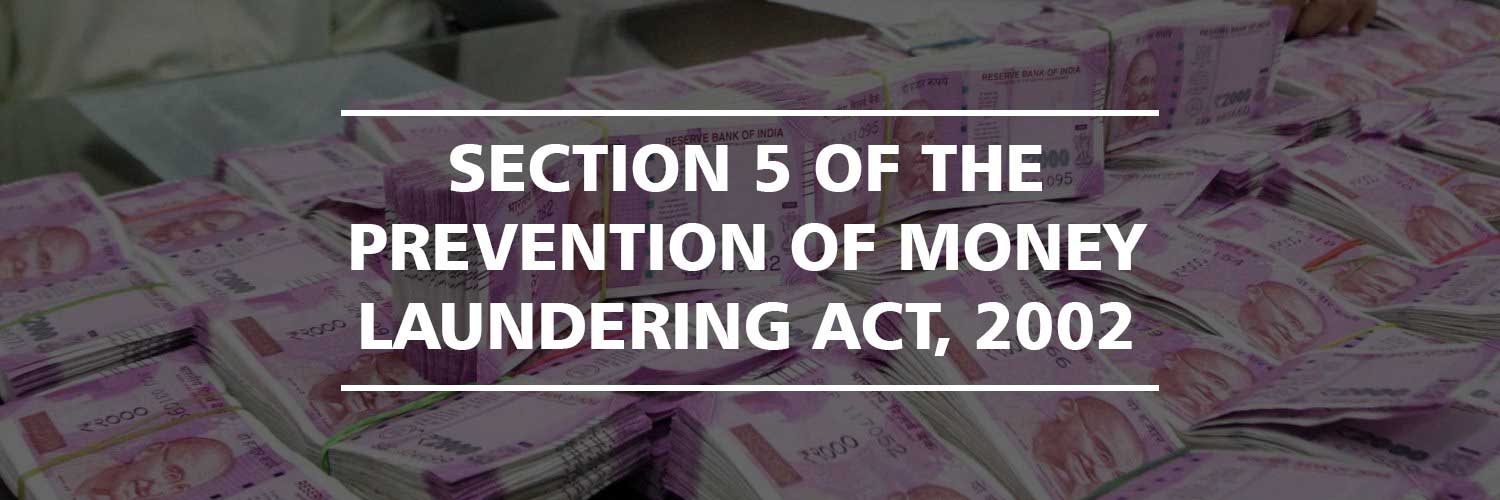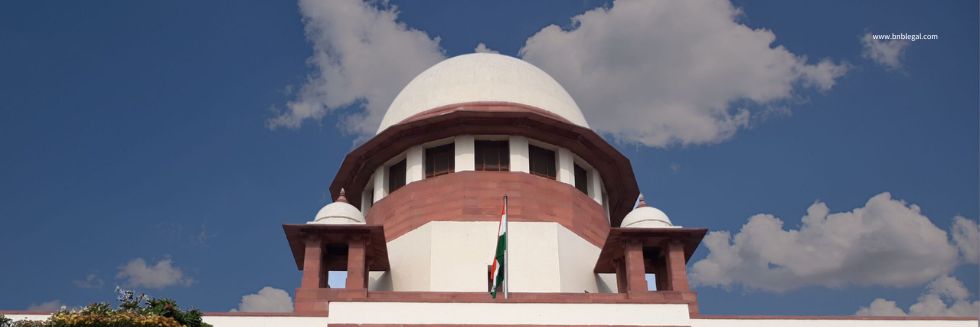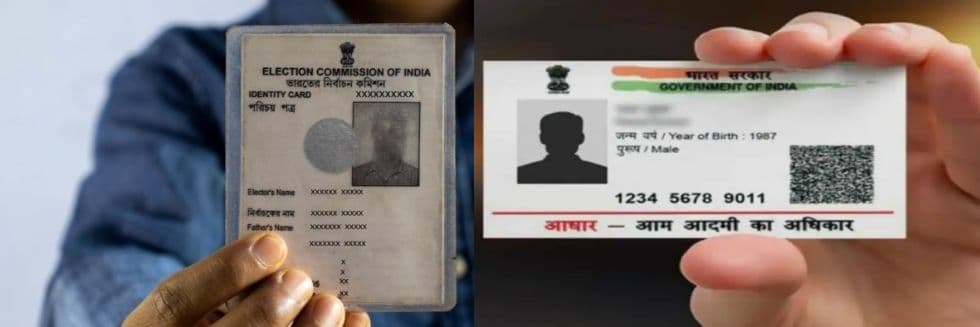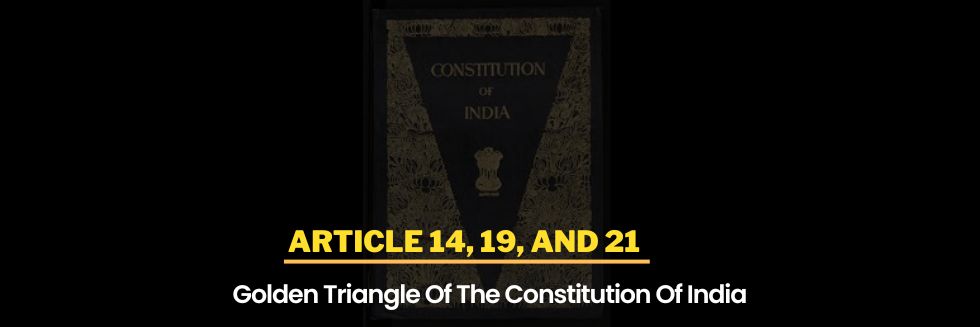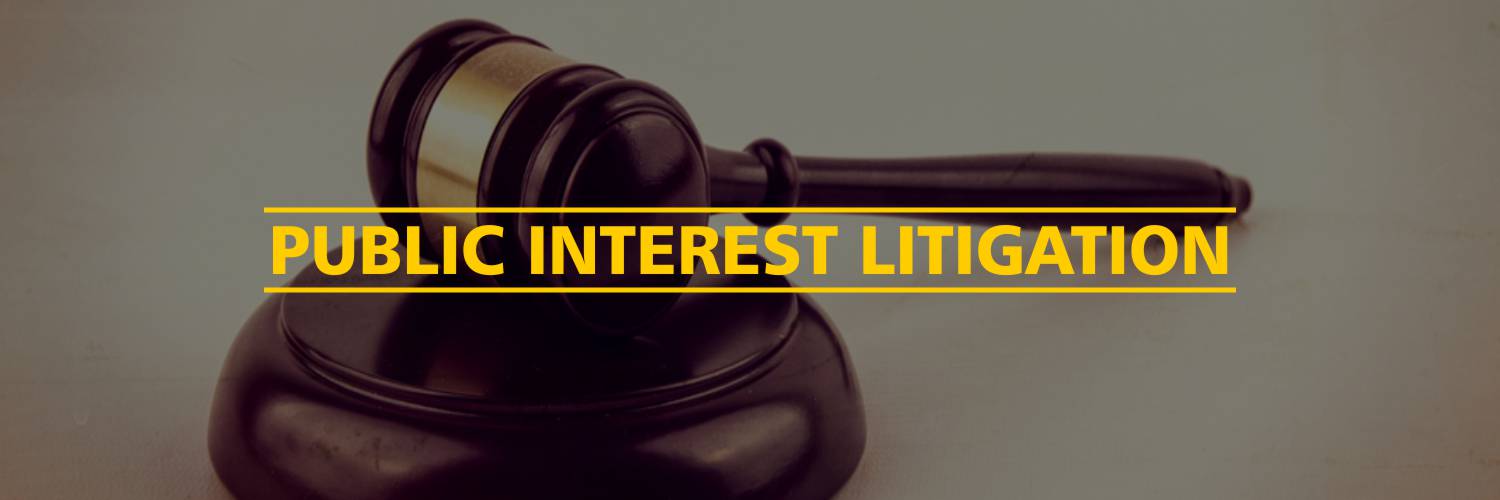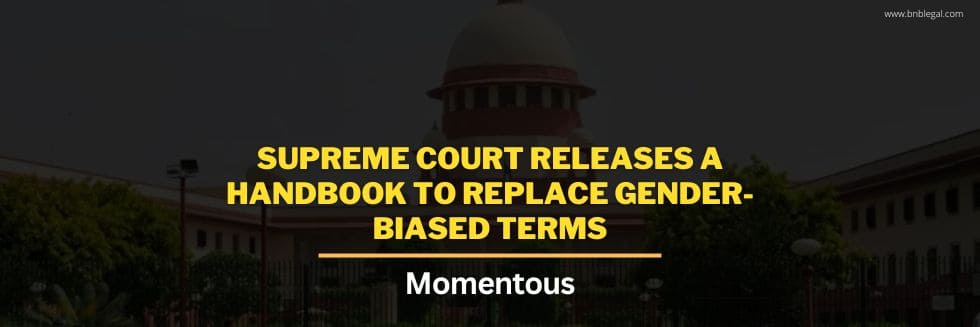Introduction
Public Interest Litigation (PIL) is an effective method that has been applied to a variety of social and environmental challenges in India. There is no definition of PIL in any Indian statute. Nevertheless, The PIL has been construed and defined by courts. In the case of Janata Dal v. H.S. Chaudhary, the Hon’ble Supreme Court of India held that, lexically, the term “PIL” refers to a legal action initiated in a court of law for the enforcement of public/general interest when the public or a specific class of the public has some interest (including financial interest) that affects their legal rights or liabilities.
Due to its many benefits, PILs are regarded as the most efficient and frequently used court weapon to protect the environment. PIL does have a negative side, though. There have been more and more examples of PIL misuse in recent years. These petitions, which frequently come from people with no real stake in the outcome of the case, are used to harass or stall the legal system. Additionally, PILs have been employed to obstruct the executive branch of government and for personal gain.
A multitude of harmful effects result from PIL misuse. It may hinder legitimate PIL filing, weaken the rule of law, and jam the legal system. It is crucial to be aware of the possibility of PIL being abused and to take precautions to make sure that PIL is only applied to serve the stated goal of safeguarding the public interest. This article examines the abuse of PIL in India and the various ways that PIL has been misused, the issues that have resulted from this, and the actions that have been made to remedy the issue.
Misuse Of PIL In Recent Years
The PIL has frequently been used as a weapon and has repeatedly squandered the valuable time of courts, despite its intended goal of empowering and uplifting the underprivileged in society. PIL has been abused in a number of ways including:
Frivolous Petitions Filing
A frivolous petition is one that is filed when there is no genuine public interest involved. It is frequently filed for personal gain or to annoy others. A competitor, for example, may file a PIL against a corporation in order to disrupt their operation. Alternatively, a PIL may be filed against a government official by someone seeking vengeance. Filing frivolous petitions can lead to a variety of unpleasant outcomes. It has the potential to clutter the courts, waste judicial time, and prevent legitimate cases from being heard. It can also erode public confidence in the judiciary.
In Pratyush Prasanna and Anr. v. State of NCT of Delhi, The Delhi High Court dismissed a plea alleging that the Delhi government was squandering public funds. The petition sought an investigation into the money raised by the Delhi government for Covid-19 treatment. The petitioner made no attempt to obtain the material through the Right to Information Act of 2005, instead relying on a tweet posted by someone else. The court chastised the petitioner for failing to perform any research before filing the petition. In addition, the petitioner was ordered to pay Rs 50,000 for misusing the PIL.
Settling Personal Vendettas Through PIL
Personal vendettas can also be settled through PIL. This occurs when a PIL is filed against another individual or group with the express goal of causing them harm. A PIL, for example, could be launched against a political opponent in order to harm their reputation. Alternatively, a PIL may be brought against a business competitor in order to force them out of business. Using PIL to settle personal vendettas can result in a lot of bad outcomes. It has the potential to erode public trust in the judiciary. It can also result in the waste of judicial resources, as courts are forced to spend time and energy on cases that are not truly of public interest.
Using PIL for political purposes
PIL can also be abused for political ends. This occurs when a political party or organization files a PIL in order to increase political clout. A PIL, for example, could be filed in response to an unpopular government policy. Alternatively, a PIL may be launched against a political opponent in order to humiliate them. Using PIL for political reasons can result in a number of bad outcomes. It has the potential to erode public trust in the judiciary. It can also result in the waste of judicial resources, as courts are forced to spend time and energy on cases that are not truly of public interest.
To Derail Or Delay Development Projects
PIL can also be used to disrupt or postpone development efforts. This occurs when a PIL is filed against a project with the purpose of obstructing its implementation. A PIL, for example, could be launched against a mining project to safeguard the environment. Alternatively, a PIL may be launched against a road development project in order to cause public discomfort. PIL can be used to delay or derail development projects, which can have a number of severe implications. It has the potential to hinder economic progress. It can also result in the waste of judicial resources, as courts are forced to spend time and energy on cases that are not truly of public interest.
In Rajeev Suri v. The Delhi Development Authority, The petition was initially filed at the Delhi High Court, but it was transferred to the Supreme Court. This petition questioned the feasibility of the Central Vista project as well as the manner in which approvals for environmental, heritage, and land use issues were achieved. It further referred to this as an issue of significant political significance that demanded a judicial review.
The Supreme Court expressed regret and considered this a misuse of the PIL concept. It underlined the purpose of the PIL, stating that the purpose of the PIL was not to make the judiciary the supreme authority over everyday administration, but to open the doors of constitutional courts to those who were facing injustice and to secure their rights.
Publicity
Many times, lawyers and, more lately, law students have attempted to use PIL to garner prominence. The court has even referred to these as “publicity interest litigation” in the past. The court emphasized how, rather than serving the purpose of PILs, such petitions harm the public good.
Measures To Prevent Misuse Of PIL
Spreading Awareness
One method of preventing misuse is to educate the public about the proper use of PILs. This is significant because the public must be aware of the purpose of PILs as well as the possibility for them to be abused. People who are unaware of the correct usage of PILs are more prone to file frivolous petitions or utilize PILs for personal advantage. There are several methods for educating the public about PILs. Campaigns for public awareness can be carried out through the media, educational institutions, and community organizations. We can help to ensure that PILs are utilized in the manner intended to defend the public interest and achieve justice by educating the public about them.
Establishing Guidelines For PIL Filing
This is significant because it can aid in discouraging frivolous petitions and ensuring that PILs are filed in the public interest.
The Supreme Court and High Courts of India have previously established procedures for filing PILs. The following requirements are often included in these guidelines:
- The petitioner must be genuinely interested in the subject topic.
- The petition cannot be frivolous or malicious in nature.
- The petition must be filed in the best interests of the public.
- Documents supporting the petition must be submitted with it.
- In some situations, the petitioner may be required to pay a filing fee or gain the consent of the affected parties before submitting a PIL.
The courts can help to ensure that PILs are utilized responsibly and are not misused by creating clear standards for filing them.
Encouraging The Use Of ADR Practices
Alternative dispute resolution (ADR) techniques enable parties to address their disagreements outside of the court system. Mediation, arbitration, and negotiation are examples of ADR mechanisms. ADR procedures can be a useful tool for settling disagreements quickly and efficiently. They can also be less expensive than litigation and can help to keep the parties’ relationships intact.
In some circumstances, ADR processes may be preferable than filing a PIL. We can limit the number of PILs filed in court and promote alternative dispute resolution procedures by increasing the use of ADR mechanisms.
Duty Of Lawyers And Courts:
Lawyers should refuse to represent such untrustworthy petitioners. Discipline and ethics should be emphasized in the profession, and lawyers should not take on cases that abuse the PIL. The court should ensure that the motivation for bringing the petition is genuine and not motivated by private interests. It should benefit those who are manipulated or corrupted.
Conclusion
Public Interest Litigation (PIL) is a legal process that permits individuals or groups to bring concerns of public interest to the attention of the courts. In India, PILs have been used to address a variety of issues, including environmental preservation, human rights, and corruption. However, there has been an increase in the misuse of PILs in recent years. Filing frivolous petitions, using PILs to settle personal vendettas or further political or corporate interests, filing PILs without proper research or knowledge of the law, and harassing government officials or private persons using PILs are all examples of misuse. Misuse of PILs has resulted in a number of issues, including cluttering the judicial system with bogus petitions, weakening public trust in the judiciary, discouraging genuine PIL activists from submitting petitions, and intimidating and silencing individuals who speak out against injustice. It is vital to emphasize that no single action will be sufficient to avoid PIL misuse. To address this issue, a mix of approaches is required. It is possible to prevent PIL misuse in India by educating the public, providing clear rules, encouraging the use of alternative dispute resolution procedures, holding individuals who misuse PILs accountable, and strengthening the legal environment.
This article is written and submitted by Sanskar Singhal during his course of internship at B&B Associates LLP. Sanskar is a 5th Year BBA LLB student at Geeta Institute of Law, Panipat.
